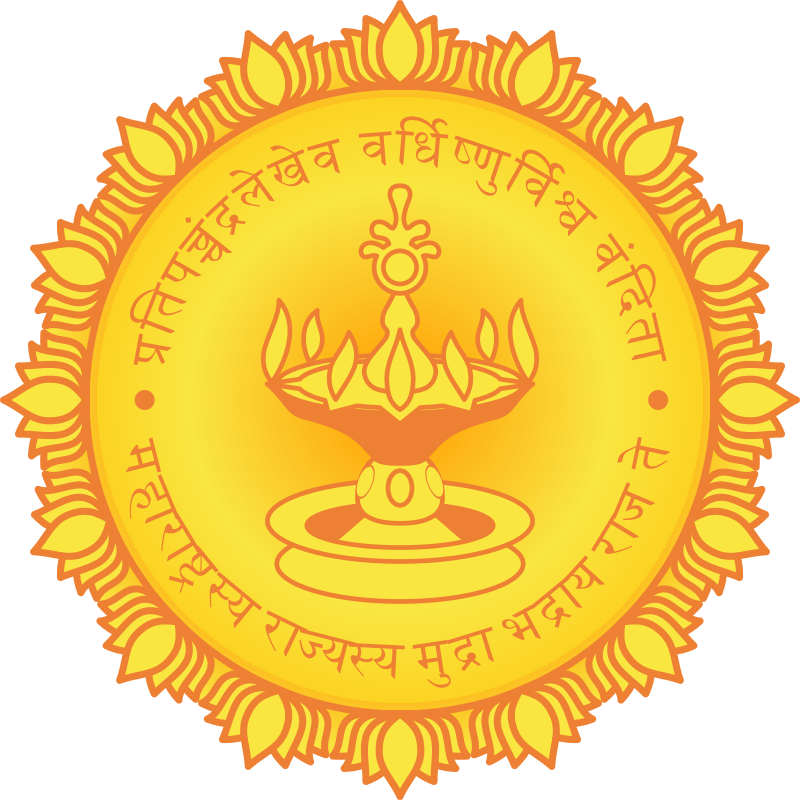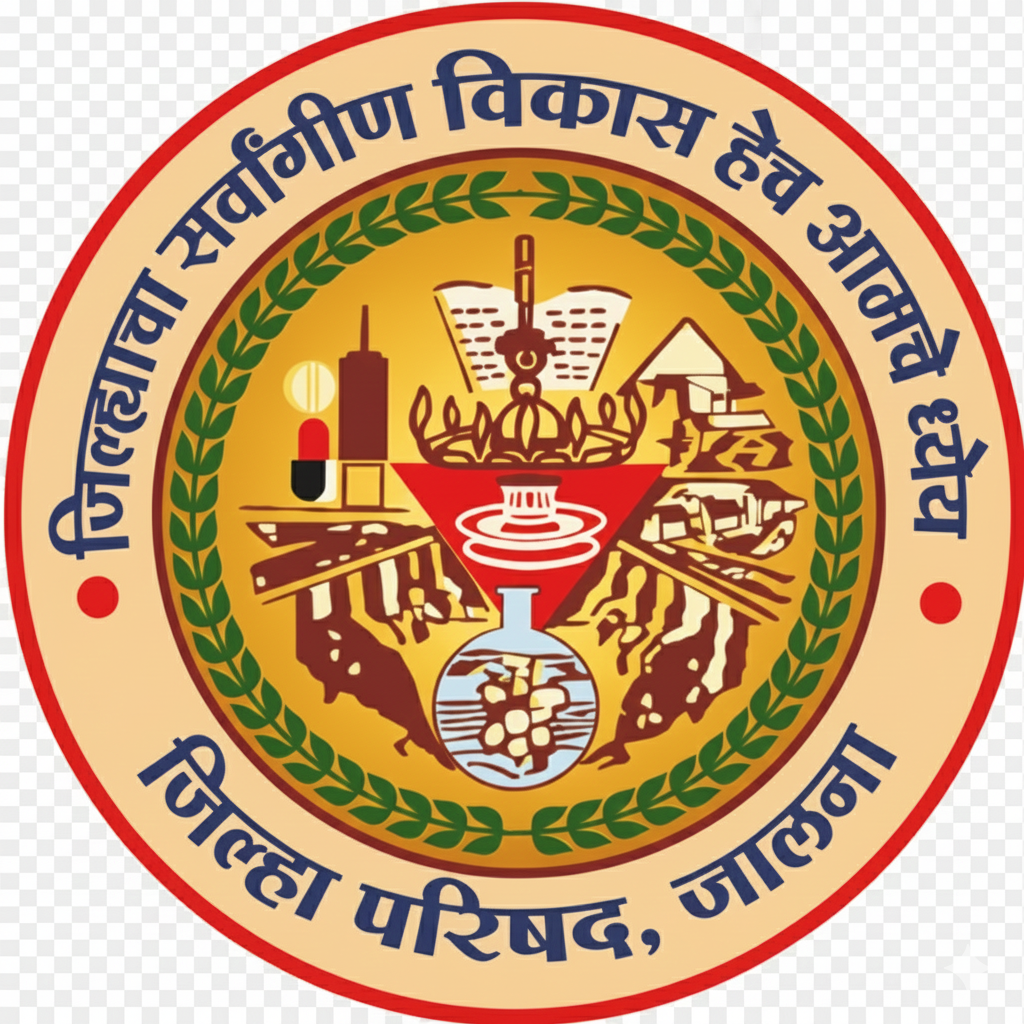Introduction
The health service system in India started during the British rule. Initially, the purpose of health service was to provide services to soldiers and European civil servants and the control of epidemic diseases such as plague, cholera, smallpox was started preferentially in the cantonment areas with the help of local self-government bodies. As the British rule introduced Western medicine, the existing traditional medicine and Ayurvedic treatment were neglected. Initially, therapeutic services were provided through hospitals and clinics in big cities. The Planning Committee suggested providing health services in rural areas in 1940 and organized training for health workers to provide health services at the rate of 1 health worker per 1000 population. The first primary health center was started in 1942 in the village of Shingur near Calcutta (West Bengal). It was called the Rural Health Team.
Rural Health Service This program is being implemented under the guidance of Dr.James Grad, Director, All India Institute of Sanitation and Public Health. Around the same time, the health service system was started in the state of Maharashtra with the financial assistance of the Mumbai Provincial Government. Local government hospitals were started in convenient places in the state and were called urban hospitals, later all these hospitals were transferred to the Zilla Parishad. In the 13th World Health Assembly held in 1977, the Health Organization and its member countries set the health of the community at a certain level as the main objective of communication, which became known as Health for All in the year 2000. It was accepted that primary health care is the key to achieving this objective.
- Various services provided by health institutions
Maternal and child health:-
- a) Antenatal care:-
Registration of all pregnant women (within 12 weeks) At least five check-ups during pregnancy:- First check-up as soon as the possibility of pregnancy is suspected, second check-up (at 12 weeks) Third check-up in 4 to 6 months (26 weeks) Fourth check-up in the eighth month (32 weeks) and fifth check-up in the ninth month (36 weeks) All necessary services like general check-up, weight, blood pressure, screening for anemia, abdominal examination, height, breast examination, folic acid intake in the first trimester, iron, folic acid tablets intake after 12 weeks, dose of anti-anxiety vaccine, treatment for anemia etc. (as per guidelines for health workers, health assistants) Laboratory tests in schools like hemoglobin, urine protein and sugar test. Diagnosis and prompt referral of at-risk pregnant mothers.
- B) Services during delivery:-
Emphasize delivery in a health facility. (Encourage) Delivery by a trained person following the 5 rules of hygiene. Provide prompt and appropriate referral services.
- C) Postpartum services:-
Make at least 2 home visits after delivery. The first visit should be within 48 hours of delivery and the second visit should be within 7 to 10 days. If the baby is underweight, five such visits should be made within 48 hours and on 7, 14, 21 and 28 days. Start breastfeeding within half an hour after delivery. Advice and counseling:- Diet and rest, hygiene, contraception, newborn care, infant and child nutrition as well as sexually transmitted diseases, HIV/AIDS etc.
- a) Postpartum care:-
At least 2 post-partum home visits by the sub-centre staff:- First within 48 hours after delivery and second within 7 days after delivery. Breastfeeding should be started within half an hour after delivery. Health education should be provided on diet, hygiene and family planning.
- d) Child health:-
- Newborn care
- Exclusive breastfeeding up to 6 months.
- Vaccination of all infants and children against vaccine preventable diseases.
- 9 doses of vitamin A every six months up to 5 years.
- Prevention and treatment of malnutrition and diseases in children.
Child care:-
- a) Newborn care:-
- Facilities and expert services for newborns
Management of hypothermia and jaundice in newborns.
- B) Child Care:-
- Emergency care of sick children including Integrated Management of Newborn and Child Illness (IMNCI).
- Care of common childhood illnesses.
- Promotion of exclusive breastfeeding for the first six months after birth.
- Complete immunization of infants and children against vaccine preventable diseases as per guidelines.
- Giving preventive doses of Vitamin A.
Prevention and control of childhood diseases like malnutrition, parasitic infections etc.
- Family Planning and Contraception:-
Providing health education, promotion and counselling for the use of appropriate methods of family welfare. Availability of family planning tools-contraception, tampons, oral contraceptive pills, intrauterine injections, emergency contraception etc. Follow-up services for eligible couples adopting permanent methods of family welfare. Counselling and appropriate referral for safe abortion as required, family welfare surgery camps
- Adolescent Health Services:-
Health education, counselling and referral services Assistance for school health services
- Therapeutic services:-
Medication for minor ailments e.g. fever, diarrhoea, respiratory diseases, parasitic diseases, accidents and first aid in emergency situations. Prompt and appropriate referral services. To organize at least one health day every month in Anganwadi with the help of Medical Officer of Primary Health Center, Asha Anganwadi Sevika, Panchayat Raj Institutions, Self Help Groups.
- Recording of vital events:-
Recording vital statistics (events) like birth – death, maternal death, infant death and sending report (within 21 days)
Primary Health Center
- A) Medical Services
Outpatient Services:- 4 hours in the morning and 2 hours in the evening.
24-hour emergency services:- Proper management and first aid of injuries and accidents, bringing the patient out of danger of life before referral services, providing appropriate service delivery services to dog bites, scorpion bites, snake bites and other emergency patients.
Referral Services:- Proper and prompt referral services to patients who need specialist services. Providing appropriate ancillary services to patients during the referral service journey. Providing referral services from the vehicle of the Primary Health Center or from the subsidy available with the medical authorities, from a rented vehicle.
Inpatient Services (6 beds)
Family Welfare Services
Education, conversion and counseling to adopt appropriate family planning methods. Providing contraceptive devices. For example, contraception, oral contraceptive pills, emergency contraceptive pills, tampons, intrauterine injections etc.
Permanent methods such as female sterilization, male sterilization/sterile male sterilization surgery. Follow-up services for eligible couples who have adopted permanent methods of family planning such as surgical sterilization. Medical abortion services and appropriate training for the same will be provided with the help of data technology where trained persons and facilities are available.
In addition to the above services, primary health centers will also provide facilities for the Janani Suraksha Yojana.
Management of reproductive system diseases/sexual diseases
Health education for prevention of reproductive system diseases/sexual diseases Treatment of reproductive system diseases/sexual diseases. Dietary services (in coordination with Integrated Child Development Service Scheme) School health:- Regular check-up, appropriate treatment, referral service and follow-up. Adolescent health services:- Life skills training, counseling, appropriate treatment. Motivation for safe follow-up and hygiene. Diseases that are permanently found in that area. For example, prevention and control of cold, black disease, Japanese, encephalitis etc. Disease survey and control of epidemic diseases Awareness and appropriate measures regarding abnormal health events Disinfection of water bodies Water quality should be checked with the help of tests prepared by the National Institute of Epidemic Diseases Control. Motivation for cleanliness including use of septic tanks, proper disposal of waste. Collection and presentation of vital statistics. Health/Education Behavioral Change Messaging. National AIDS Control Programme and other national health programmes. Routine and emergency treatment facilities – These services
- These services should be available to patients who come to the primary health centre and to patients who come from sub-centres or other places after referral. These services include the following.
Referral services for patients who cannot be treated or treated at the primary health centre. Inpatient treatment for those who need to be admitted to hospital.
- Implementation of National Health Programme:
- National Family Welfare Programme
- National RCH Programme
- National Insect-borne Disease Control Programme
- Revised National Tuberculosis Control Programme
- National Leprosy Eradication Programme
- National Blindness Control Programme
- National AIDS Control Programme The following institutions are working in jalna district to implement these National Health Programmes.
- National Epidemic Disease Control Programme
- National Pulse Polio Control Programme
- National Child Health Programme
- Human Development Programme
- Janani Suraksha Yojana
- Pradhan Mantri Matritva Vandana Yojana
- Mahatma Jyotirao Phule Jan Arogya Yojana (MJPAY)
- Pradhan Mantri Jan Arogya Yojana (Ayushman Bharat PMJAY)



